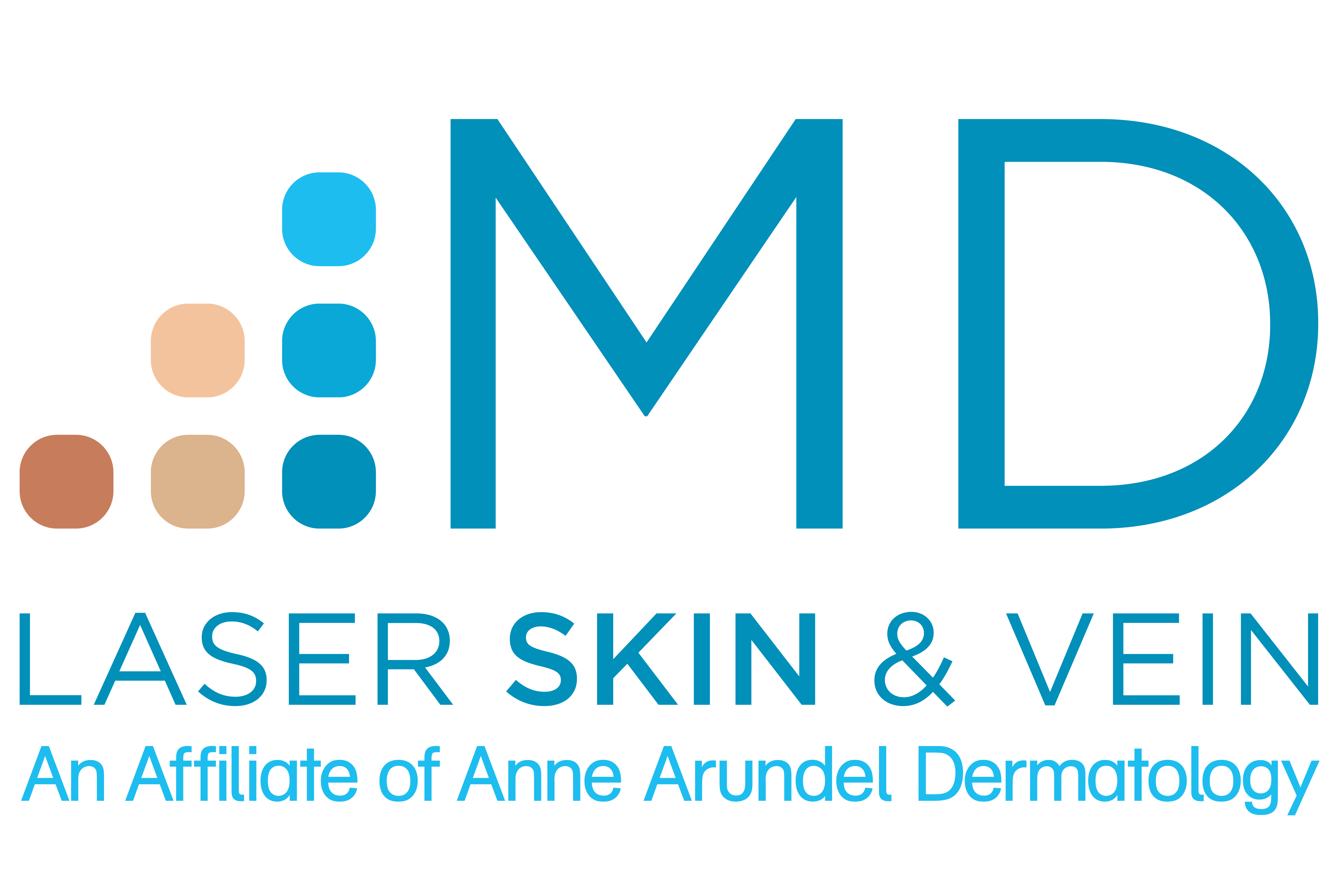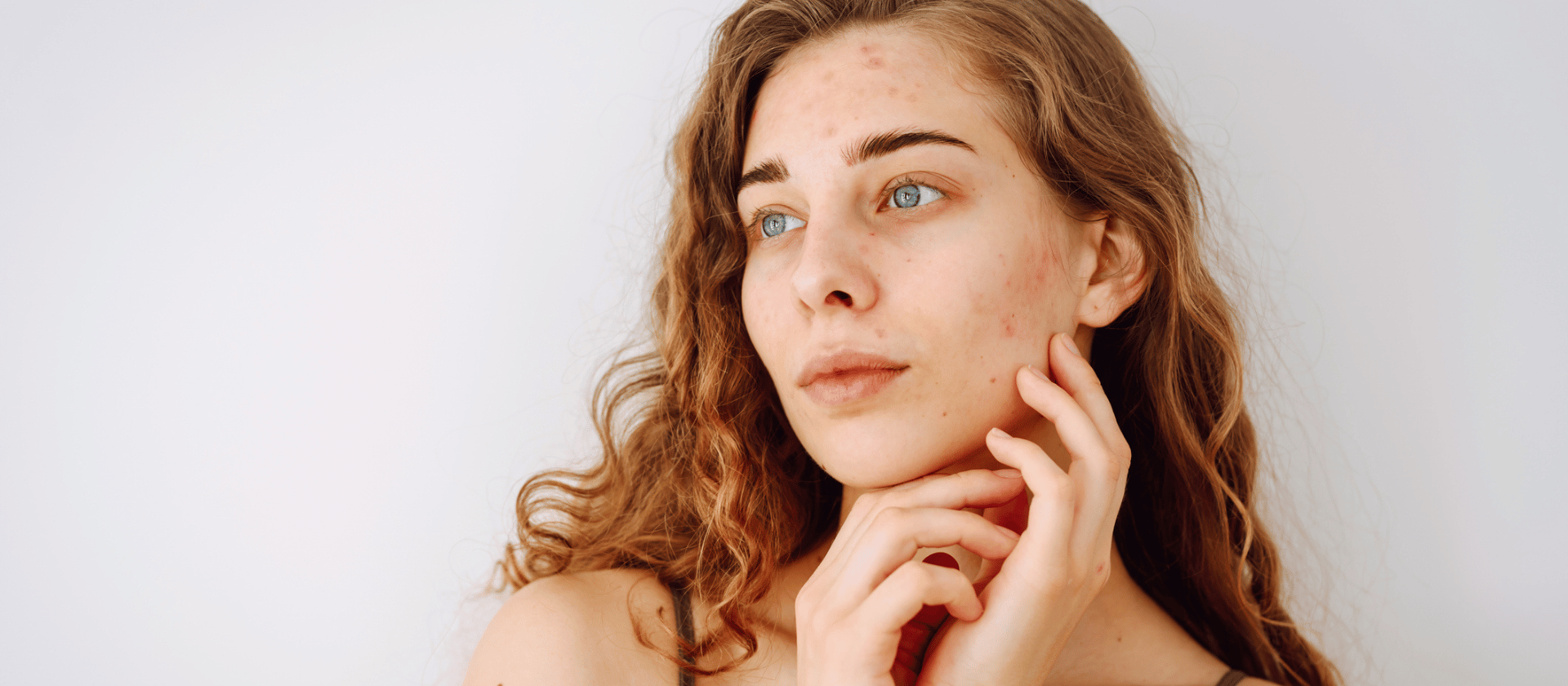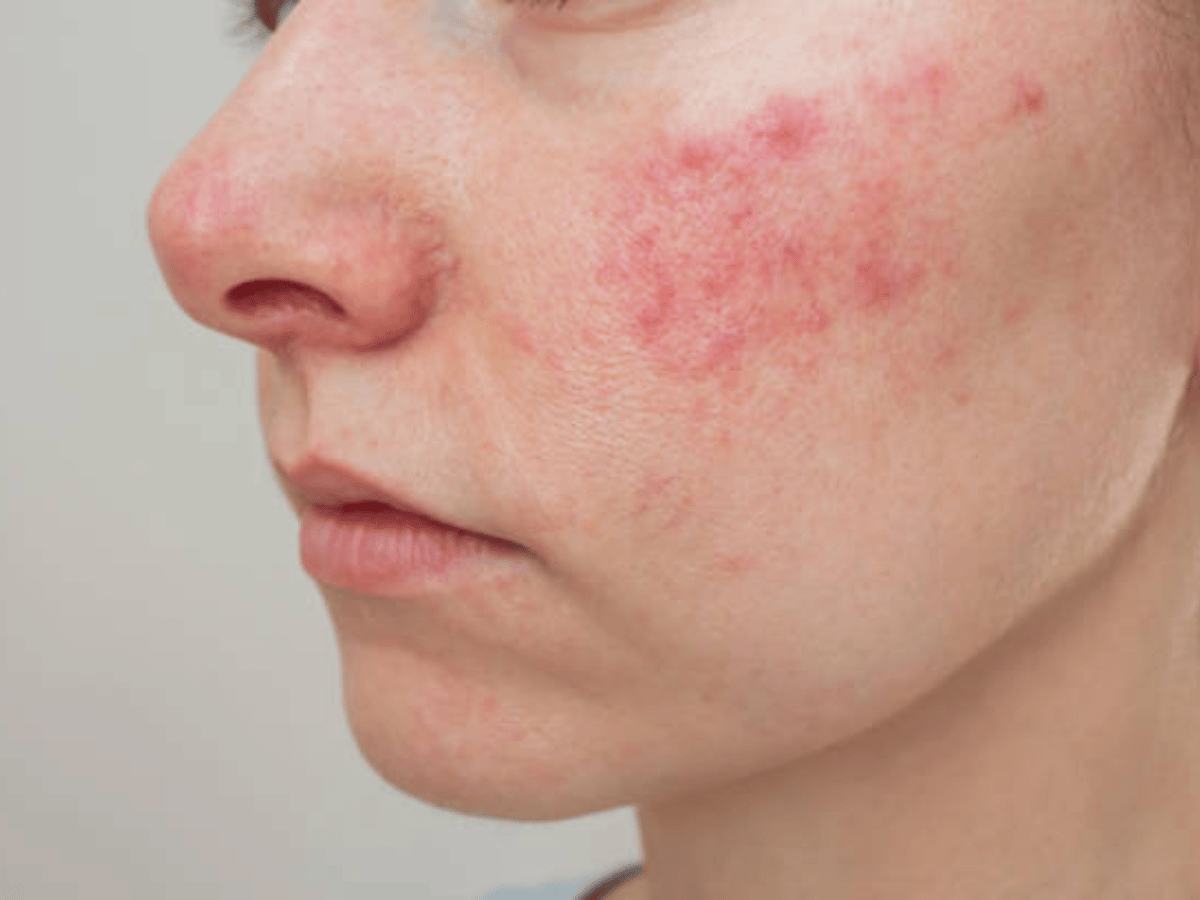What is Acne?
Acne is a hereditary disorder of the oil glands and pores (also known as sebaceous glands and follicles). It can affect almost anyone. Pores get clogged with sticky skin cells and oil builds up, leading to blackheads and whiteheads. Bacteria overgrow, leading to inflamed red pimples, pustules, and larger pimples called cysts. Scarring can occur.
CAUSES
Blackheads and white heads begin when a pore in our skin becomes clogged with dead skin cells. Normally, dead skin cells rise to surface of the pore, and the body sheds the cells. When the body starts to increase sebum production (oil that keeps our skin from drying out), the dead skin cells can stick together inside the pore. Instead of rising to the surface, the cells become trapped inside the pore.
Sometimes bacteria that live on our skin, P. Acnes, are also trapped inside clogged pores or the oil gland/ hair follicle unit. When this occurs, the bacteria have a perfect environment for multiplying very quickly. This leads to increased inflammation and pustules, or if the inflammation goes deep into the skin, an acne cyst or nodule appears.
Causes of acne are usually a combination of the following:
• Genetics
• Hormones
• Prescribed medications
• Oil-based cosmetics
• Stress
• Physical irritation
• Humidity and environmental pollutants
Sometimes systemic factors contribute to acne. These conditions can be: pregnancy, medications, underlying systemic medical problems, menstrual or psychological issues. Occupational issues may also play a role in producing acne.
One should not pop, squeeze or pick at acne. This is the most common habit found in acne patients and might worsen common acne, causing cystic lesions, hyperpigmentation or permanent scarring of the skin.
RISK FACTORS
If you have a bad case of acne, you may feel like you are the only one. But many people have acne. It is the most common skin problem in the United States. About 40 to 50 million Americans have acne at any given time.
Although acne is most prevalent in teenagers and young adults, acne can appear at any age. Newborn babies can even get acne.
SYMPTOMS
Acne is not just pimples. A person who has acne can have any of these blemishes:• Blackheads (Open comedones)
• Whiteheads (Closed comedones)
• Papules – Small pink bumps that may be tender to touch
• Pustules – Blockages of the pores and sebaceous glands that have become inflamed
• Cysts – Deep, inflamed, pus-filled lumps
• Nodules – Large, painful, solid lumps that are lodged deep in the skin
• Excessive oil
Acne can cause more than blemishes. Studies show that people who have acne can have:
• Low self-esteem
• Depression
• Dark spots on the skin
• Permanent scars
Before and After
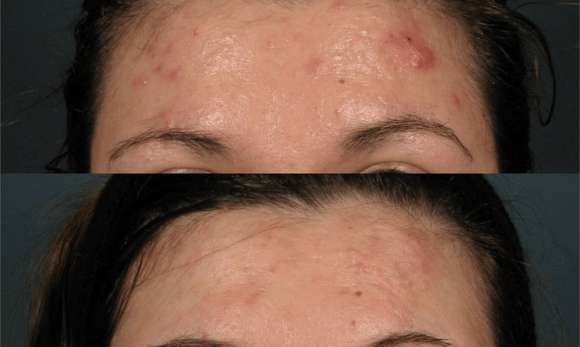
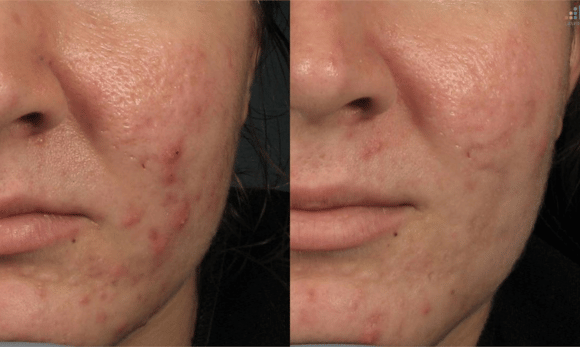
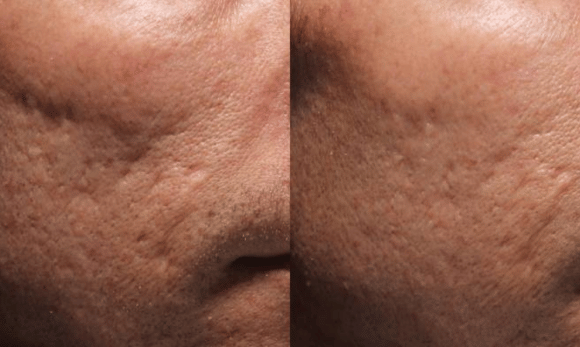
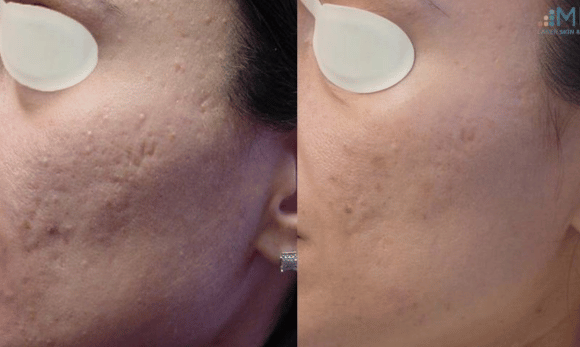
Schedule an Appointment
Our team provides thoughtful, expert care for all your skin health needs. We are proud to offer the most advanced general, surgical, and cosmetic dermatologic services in Baltimore County.
